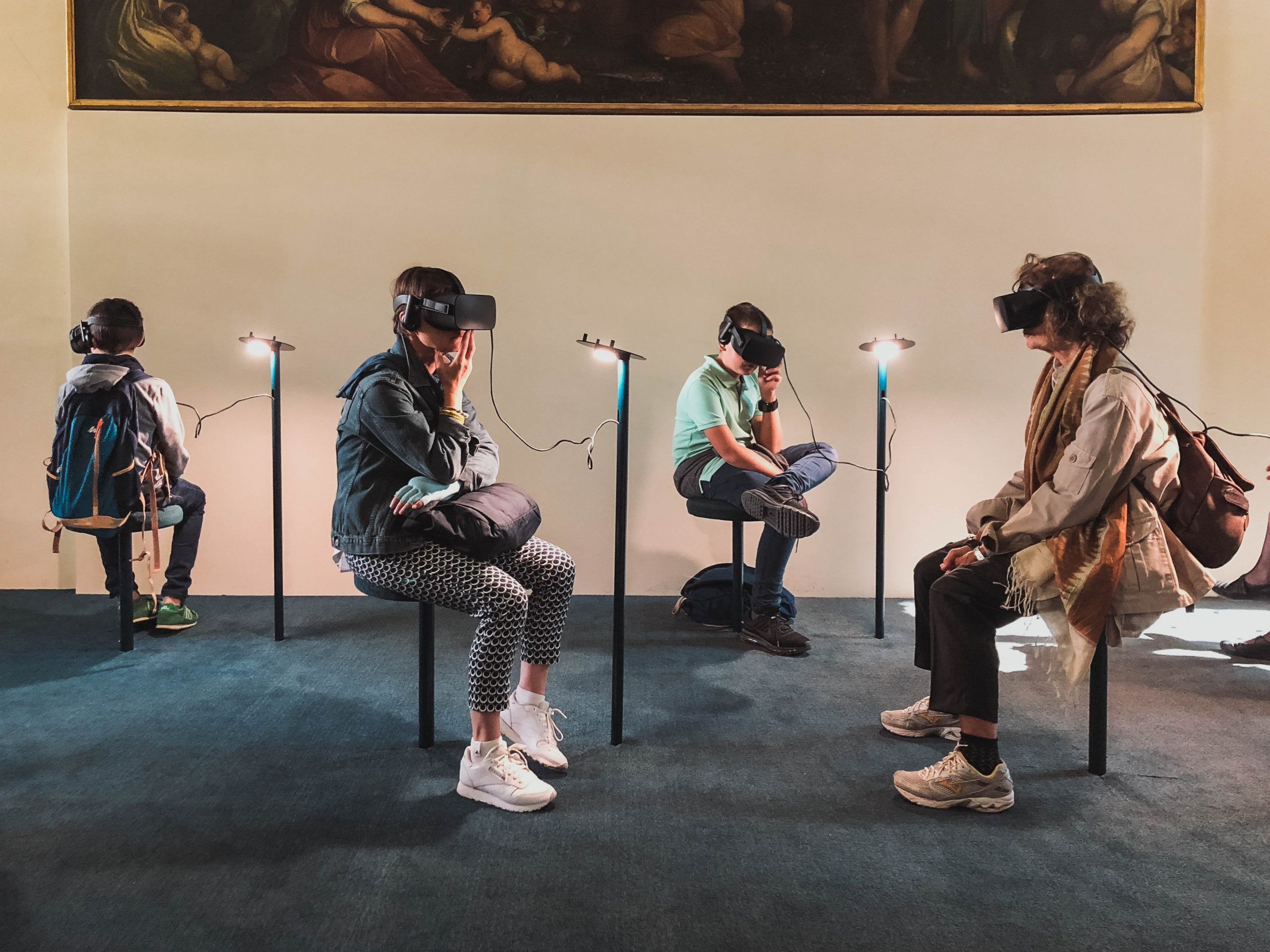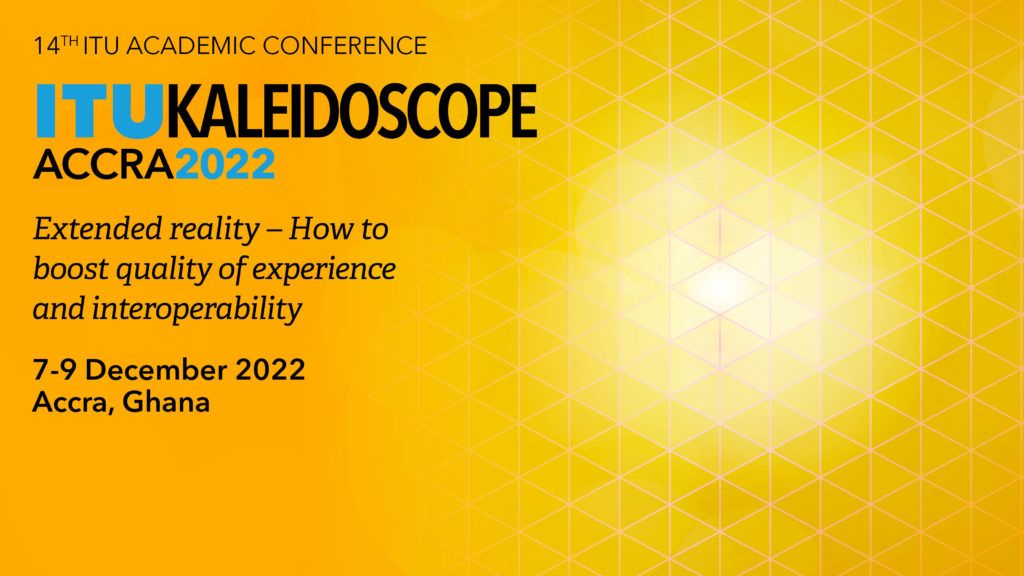
AI: The driving force behind the metaverse?
By ITU News
Defining the metaverse is no easy task, with a mix of academics, journalists and tech experts weighing in differently on what it is or will become.
The assortment of opinions may be due to the fact that the metaverse is still in its early stages of development – and there is already more than one in existence, not unlike the distributed ledger technologies popularly known as “blockchain.”
Most current definitions for the metaverse include a long list of technologies and principles.
One definition tech experts seem to agree on is “an online 3D virtual world in which real people interact in real time to do an unlimited variety of virtual activities such as work, travel and play, all supported by its own digital economy.”
The next big thing?
The metaverse is expected to become the next big breakthrough in the Internet’s evolution, with seemingly endless potential to transform how we live, transact, learn, and even benefit from government services.
But making the metaverse a functional – albeit virtual – reality still requires significant advances in many different underlying technologies.
In some cases, these essential innovations are already underway. Meta, for instance, introduced an AI supercomputer in January 2022, claiming a range of uses from ultrafast gaming to instant, accurate and simultaneous translation of large amounts of text, images and videos. The computer will also be key in developing next-generation AI models and become a foundation which future metaverse technologies can look to and build upon.
At the same time, consumer devices such as virtual reality (VR) headsets or smart glasses still fail to capture or transmit the full metaverse experience despite being available on the market today. New devices will need to be designed to provide a truly seamless experience for metaverse users. Another Meta invention, the haptic glove, is designed to enable users to touch and feel virtual objects in the metaverse.
Piecing the puzzle together
Experts predict that the metaverse will be based on seven essential technologies: 5G communication, extended reality, brain-computer interfaces, cloud computing, blockchain, digital twins, and artificial intelligence.
Of these emerging technologies, AI may be the most crucial piece of the metaverse puzzle thanks to its potential to enable the metaverse to scale.
Deep learning-based software will likely power most interactions autonomously, with chatbots along with other types of natural language processing (NLP) technologies supporting all kinds of exchanges in this new extended reality space.
AI will also enable machines behind the metaverse to not only understand user inputs, from text to images and even videos, but also to respond correctly regardless of the user’s input language. However, this will require huge amounts of data and training such advanced NLP models is likely to take years.
In metaverse development, AI is not only a necessary technology in the areas of computer vision and natural language processing, but also in VR and augmented reality (AR). For example, in AR technology AI is used in camera calibration, detection, tracking, camera pose estimation, immerse rendering, real-world object detection, virtual object detection, and 3D object reconstruction, helping to guarantee the variety and usability of AR applications.
Eventually, most 3D images, animations, and speech in the metaverse will likely be generated by AI. Machine learning models could also be used to automate smart contracts, distributed ledgers and support other blockchain technologies to allow virtual transactions.
AI technology is also expected to help expand the metaverse by supporting object detection, improving rendering, and enabling cybersickness control and measurement. However, despite its promise and potential, the metaverse still has many challenges to overcome such as security risks and online abuse. Still, AI is likely to be among the technological tools that could be instrumental in overcoming those challenges.
To find out how current research is making the metaverse a reality, join ITU’s fourteenth academic conference: Kaleidoscope 2022: Extended reality – How to boost quality of experience and interoperability, taking place in Accra, Ghana, from 7 to 9 December at the Ghana-India Kofi Annan Centre of Excellence in ICT.

To learn more about AI and the metaverse, check out related AI for Good sessions.
